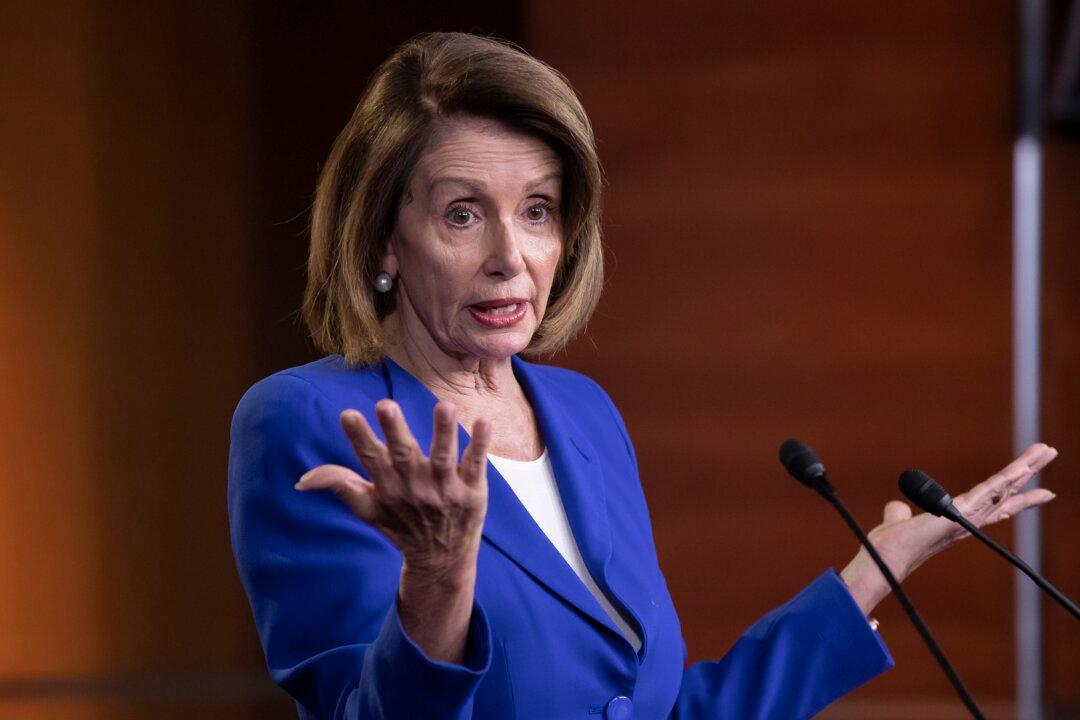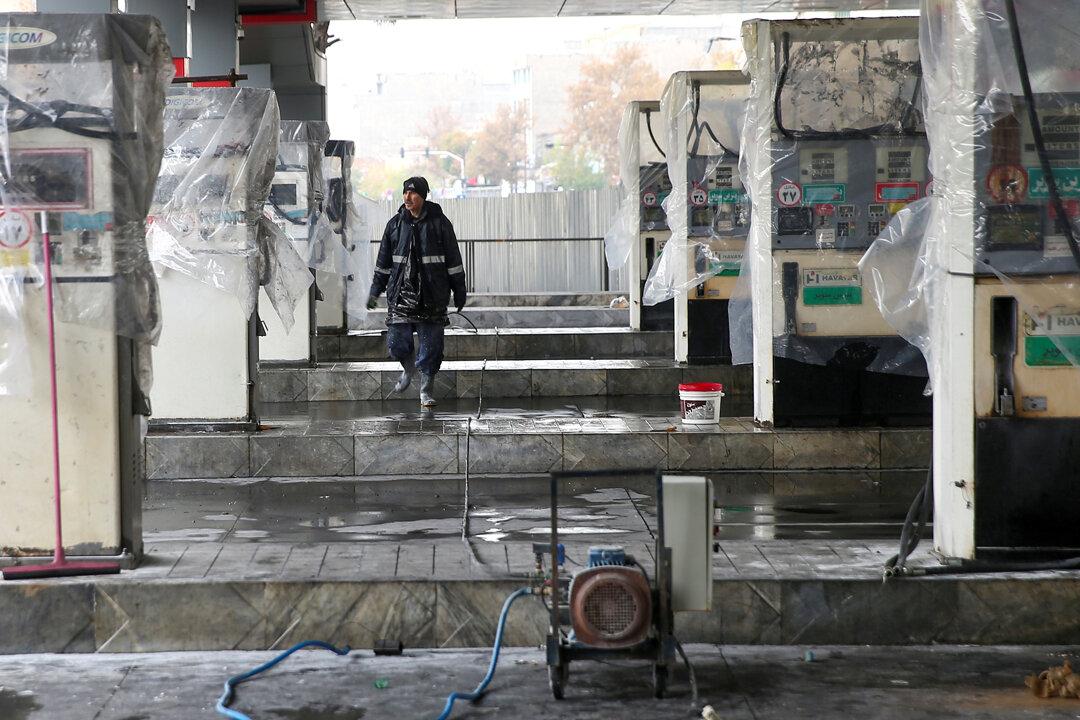On the afternoon of March 22, special counsel Robert Mueller submitted his final report to Attorney General William Barr. Shortly thereafter, news outlets began to report that Mueller would not be recommending any additional indictments relative to his investigation.
Predictably, congressional Democrats immediately re-ignited their threat to subpoena the full report and the underlying evidence if the information wasn’t voluntarily released. To their dismay, the ultimate decision as to what information is released belongs to Barr.
As such, Democratic calls could eventually require judicial intervention from the nation’s highest court, and could be construed as another desperate “fishing expedition” in hopes of “discovering” any possible evidence to hurt (or impeach) the president.
In the past, the Independent Counsel Law required the special counsel to report to the House of Representatives “substantial and credible information” of impeachable conduct. However, this law has since expired. Currently, the relevant regulation states, “At the conclusion of the Special Counsel’s work, he or she shall provide the Attorney General with a confidential report explaining the prosecution or declination decisions reached by the Special Counsel.”
Furthermore, according to Fox News, “The attorney general may release the report if he or she determines doing so is ‘in the public interest.’ However, such release must ‘comply with applicable legal restrictions.’” The purpose of this regulation was to give the Department of Justice more control over the special counsel and any investigations, and to restore the separation of power between the executive branch and Congress.
Although the decision of whether or not to release the report ultimately rests with Barr, Nancy Pelosi (D-Calif.) held an emergency phone call with members of Congress on March 23. Prior to the call, according to Townhall, Pelosi sent them a letter, a portion of which stated:
“Even if DOJ chooses not to prosecute additional individuals, the underlying findings must be provided to Congress and the American people. The Attorney General’s offer to provide the Committees with a summary of the report’s conclusions is insufficient. Congress requires the full report and the underlying documents so that the Committees can proceed with their independent work, including oversight and legislating to address any issues the Mueller report may raise.”
Barr has indicated that he wants to release as much of the report as is legally permissible. Assuming that Barr releases a summary of the report’s conclusions, as opposed to the entire report and the underlying evidence, there are several reasons why a prolonged battle is likely.
First, as set forth in the Chicago Tribune, “Barr has said he wants to release as much as he can under the law. That decision will require him to weigh the Justice Department’s longstanding protocol of not releasing negative information about people who aren’t indicted against the extraordinary public interest in a criminal investigation into the president and his campaign.”
Another barrier to the release of Mueller’s entire report involves the fact that much of the information was likely derived by way of a grand jury. Federal Rule of Criminal Procedure 6(e) prohibits public release of documents and testimony presented to the grand jury. There are a few exceptions to this rule, some of which were discussed in a recent Congressional Research Service report and an article by law professor Stanley M. Brand in The Conversation. However, the general rule is that such information is not disclosed so as to protect the secrecy of the grand jury proceedings, prevent those who are being investigated from leaving the area (fleeing), ensure full cooperation from witnesses, and protect those who are innocent from unnecessary and unjustified prosecution.
The courts are split about the release of grand jury records. Recently, a federal appeals court in Atlanta affirmed the rights of federal judges to release grand jury records based, in part, on a 1984 ruling from the same federal appeals court holding that federal judges have “inherent authority” to release the grand jury records because they pertained to an issue that was “historically significant.” Other courts have taken different positions on this issue, as set forth in an article by Josh Gerstein in Politico.
Another wrinkle in this tangled web involves the possibility that congressional Democrats will initiate impeachment proceedings against President Donald Trump.
According to the aforementioned report by the Congressional Research Service, while grand jury information is normally secretive in nature, two exceptions could possibly help Congress, including “(1) the exception that allows a court to authorize disclosure of grand jury matters ‘preliminarily to or in connection with a judicial proceeding,’ and (2) the exception, recognized by a few courts, that allows a court to authorize disclosure of grand jury matters in special or exceptional circumstances.” Some courts have found that one or both of these exceptions is triggered when Congress requests grand jury materials in the context of impeachment proceedings.
Clearly, if Mueller doesn’t recommend any further indictments, which appears to be the case, there will likely be one or more legal battles relating to the release of the entire report and the underlying evidence. The Supreme Court could be asked to ultimately decide this general issue.
Of course, some could view the congressional Democrats’ request for this information as yet another attempt to find anything that would quench their insatiable desire to impeach the president. After all, one thing is abundantly clear. Congressional Democrats who bet the bank on the Mueller report are feeling the heat.Congressional Democrats are facing a difficult problem. However, it’s one of their own making and one that doesn’t offer an easy way out.
Elad Hakim is a writer, commentator, and an attorney. His articles have been published in The Washington Examiner, The Daily Caller, The Federalist, The Western Journal, American Thinker, and other online publications.





